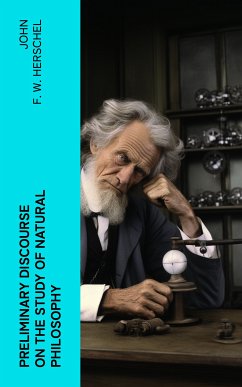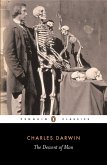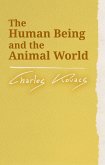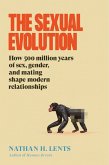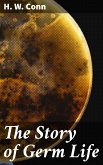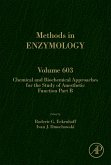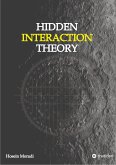Preliminary Discourse on the Study of Natural Philosophy is a book by John F.W. Herschel. It delves into the general nature of physical sciences while expounding on the principles needed for scientific studies.
Dieser Download kann aus rechtlichen Gründen nur mit Rechnungsadresse in A, B, BG, CY, CZ, D, DK, EW, E, FIN, F, GR, H, IRL, I, LT, L, LR, M, NL, PL, P, R, S, SLO, SK ausgeliefert werden.

